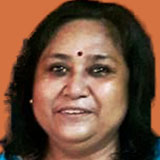Jharna Basak -- the Bengali actress who ruled Pakistan’s silver screen
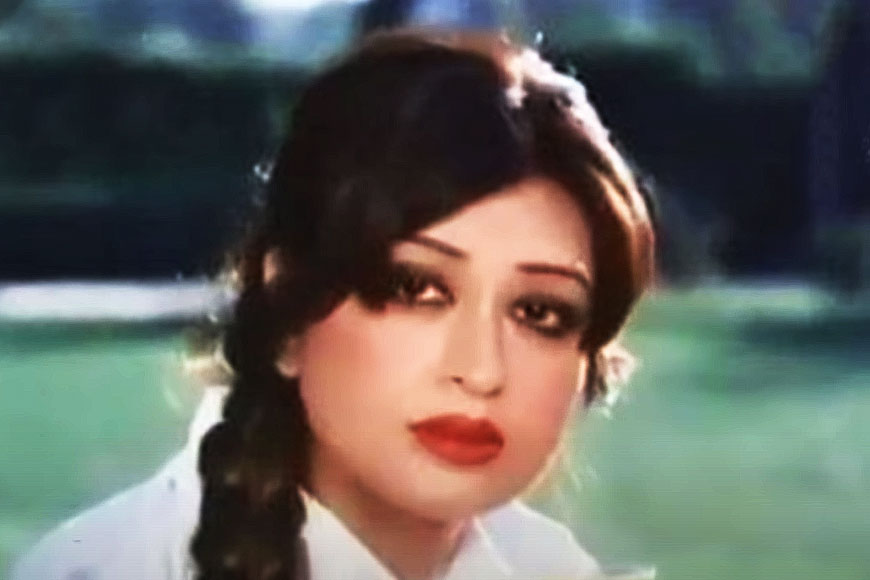
The ‘Shahenshah-e-Ghazal’ (Emperor of Ghazal), Mehdi Hassan Khan breathed heavily as he lay motionless on his hospital bed and the moments ticked away. His dulcet voice had betrayed him as had his body. A major cerebral stroke had left the great maestro paralyzed. The dull monotony of the silent hospital corridor was suddenly disrupted following a commotion outside the cabin. A tall, stunning lady walked in regally towards the cabin. Her gait and poise made heads turn and there was an aura that surrounded her cool, confident movement. She entered the cabin and stood before the singer with the haunting baritone. Hassan looked at her and there was a sudden change in his expression. He recognized her immediately and his bright, smiling eyes said the rest.
Yes, she was the first superstar of the subcontinent with 180 Urdu and Bengali films in her kitty. A Bangladeshi Hindu by birth, Jharna Basak had migrated to Pakistan in 1968. There, she took up the Muslim name of Shabnam and eventually went on to rule the Pakistan film industry for 31 years! We in India never tire of bragging about our reigning divas of Tollywood and Bollywood film industry during the golden years of Indian cinema including superstars like Devika Rani, Kanan Devi, Padma Devi, Suchitra Sen, Supriya Chowdhury and many others but most of us are ignorant about the first Bengali superstar of the continent who ruled both the Pakistan as well as Bangladeshi film industry. No Partition or boundaries marked by barbed wires could stall her flight to fame.
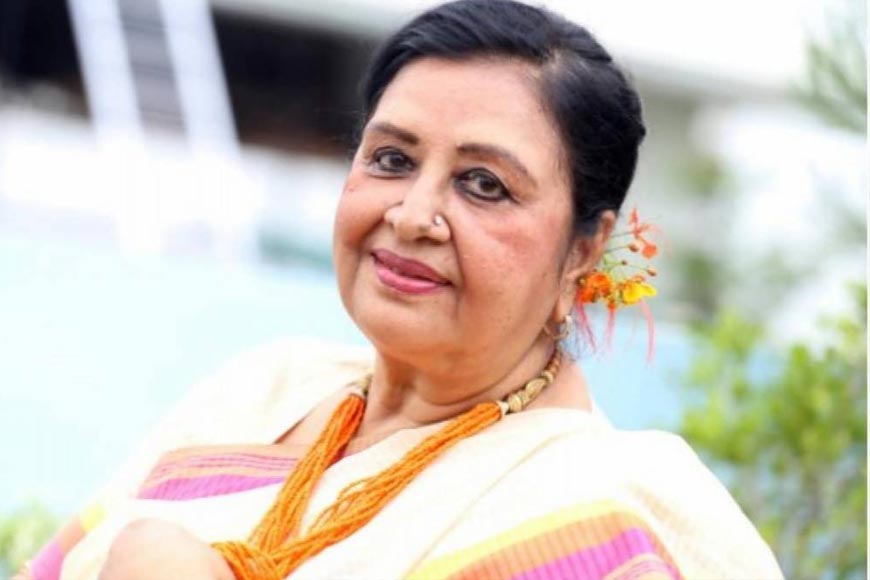
Basak was born on August 17, 1942, in former East Pakistan. Her forefathers were zamindars. There wasn’t anyone even among her distant relatives who were into movies. Her father, Nanu Basak, was a keen sportsperson and a much sought-after football referee. He was fond of music and encouraged his daughters to take music lessons. Jharna’s elder sister had a mellifluous voice and she was taught by renowned musicians of the time. Jharna, on the other hand, was the mischievous prankster and her mother often mourned that her tomboy girl had no future.
She migrated to Pakistan in 1968. For her Lollywood debut, she was asked to use Shabnam as her name. She agreed but did not convert to Islam. The film, Chanda, with Raman, went on to celebrate a silver jubilee. Viewers loved the aesthetically pleasing film with realistic acting, picturesque background and great music.
Although a tomboy, Jharna had a sense of rhythm from an early age and she loved dancing. She practiced dancing on her own for hours at a stretch. Her father observed her knack for dancing and got her admitted to Bulbul Lalitkala Academy. She continued her studies at the local Bangla Bazar School. When Jharna was around 14 or 15 years of age, her father’s friend spotted her and offered to cast her for a song sequence in a film called ‘Edesh Tomar Amar’.
The role was more ambitious for “Rajdhanir Buke” – the second offer. It was a song for a courtesan. This time her father was a little apprehensive but the director was persistent and she did what the dance director asked her to do. When the film released, people suddenly noticed young Jharna as the budding heroine. That set the ball rolling and the next offer – “Harano Din” – saw her playing the lead. The film went on to become a super-hit and a star was born.
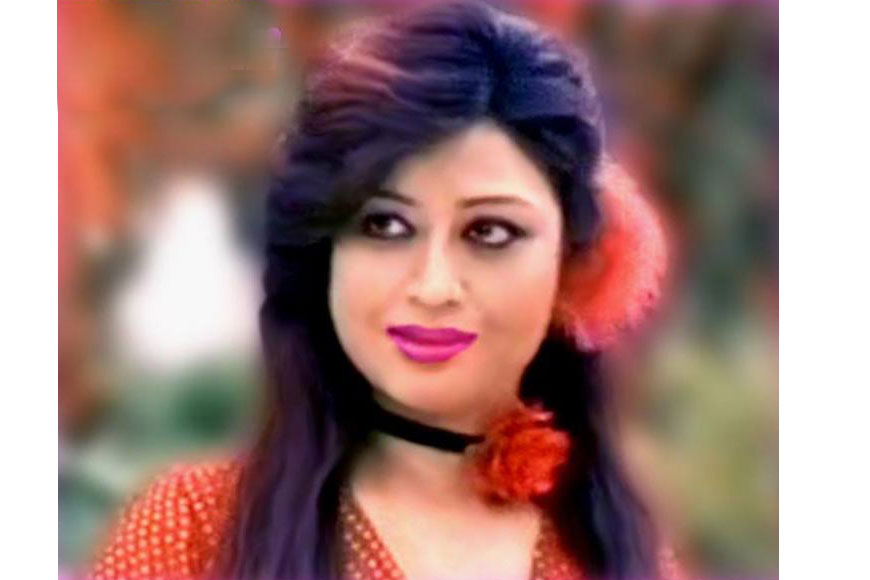
Towards the fag end of the 1950s, Jharna Basak met Robin Ghosh, her brother’s friend, who was then working at Radio Pakistan in Dhaka and trying to find a foothold in the film industry as a music director. Romance bloomed between the two young aspiring artists. On December 24, 1964, Jharna Basak and Robin Ghosh tied the knot. Basak had changed her screen name to Shabnam, which unbeknownst to them, marked the beginning of a new era in the history of popular culture.
For the next film, director Ehtesham cast her as the lead of an Urdu film in what was then West Pakistan. Ehtesham wanted to tap a bigger market but the teenager couldn’t speak the language. She was given an Urdu script written in Bengali. Rehearsals continued for six months. Shooting started thereafter at Cox Bazar.
She migrated to Pakistan in 1968. For her Lollywood debut, she was asked to use Shabnam as her name. She agreed but did not convert to Islam. The film, Chanda, with Raman, went on to celebrate a silver jubilee. Viewers loved the aesthetically pleasing film with realistic acting, picturesque background and great music. Her next film, Talaash again with Rahman, did very well at the box-office. Backed by fine music by Robin, it was among the only three Pakistani films that stayed in the theatres even after old Indian movies were allowed back into cinemas. Talaash celebrated a golden jubilee.
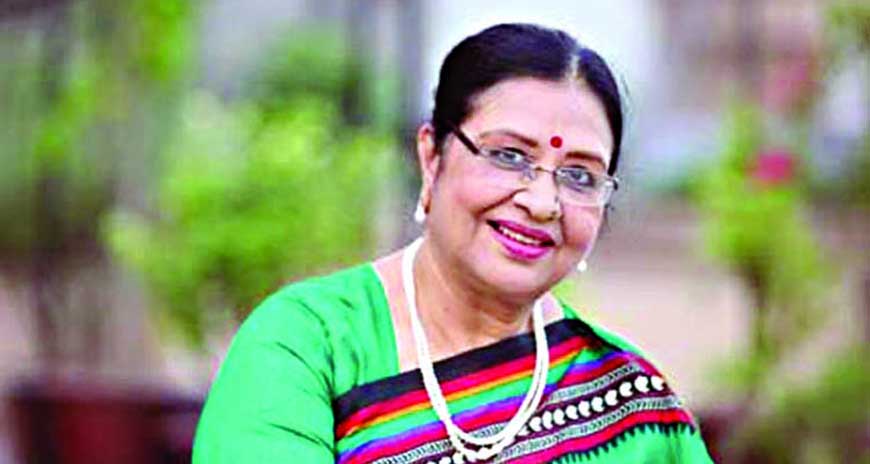
Initially, she had to face stiff resistance from her colleagues in Pakistan. Not every heroine was happy with her Lollywood entry. One among them had even passed a snide remark saying such a “thin actress” had no future there. Her comment cemented Jharna’s resolve to be successful. As a Bengali, she was determined to shut up her detractors.
Her film, Dosti, was very popular too. Another film, Aakhri Station had Shabnam playing a mentally challenged woman to perfection. Work increased and there were times when she would have to shoot four films in a day. In a year, she used to have 18 or19 film releases in Pakistan.
After starring in dozens of super-hit films, Jharna became the number one reigning actress in Pakistan by the early 1970s. She retained that position until the mid-1980s, when she decided to retire. She is probably the only film actress in the world to have continuously and successfully played the romantic lead in films for almost three decades, from the early 1960s to the late 1980s.
Basak was born on August 17, 1942, in former East Pakistan. Her forefathers were zamindars. There wasn’t anyone even among her distant relatives who were into movies. Her father, Nanu Basak, was a keen sportsperson and a much sought-after football referee. He was fond of music and encouraged his daughters to take music lessons.
Shabnam left Pakistan and its film industry in the late 1990s. She gracefully retired and moved to Bangladesh in 1997. After returning to Dhaka and taking a break for two years, Jharna performed in the movie 'Ammajan,’ directed by Kazi Hayat. It was released in 1999. The film went on to be a super-hit and one of the most successful movies in Bangladeshi film history.
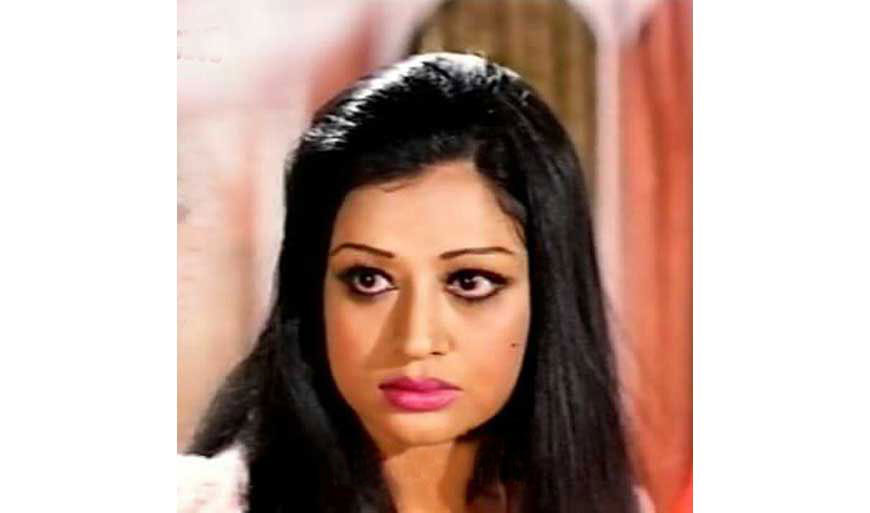
In 2012, Jharna visited Pakistan along with her husband after 13 years, where they were awarded lifetime achievement award by the Pakistani government in grand ceremony attended by top members of the Pakistani community, most notably the then Prime Minister of Pakistan, Yousaf Raza Gillani.
Shabnam was the heroine of 23 Urdu movies that celebrated diamond jubilees in Lollywood. Shabnam won 13 Nigar Awards for best actress, which is a record to date.
In 2017, Jharna announced that she would be returning to the Pakistani entertainment industry with television series Mohini Mansion Ki Cinderellayain. She is also committed to star in Aina 2, a sequel to her 1977 film Aina, to be directed by Syed Noor.She attended the Karachi Literature Festival and said, Pakistan was her second home and offered her services to revive Pakistani cinema.






